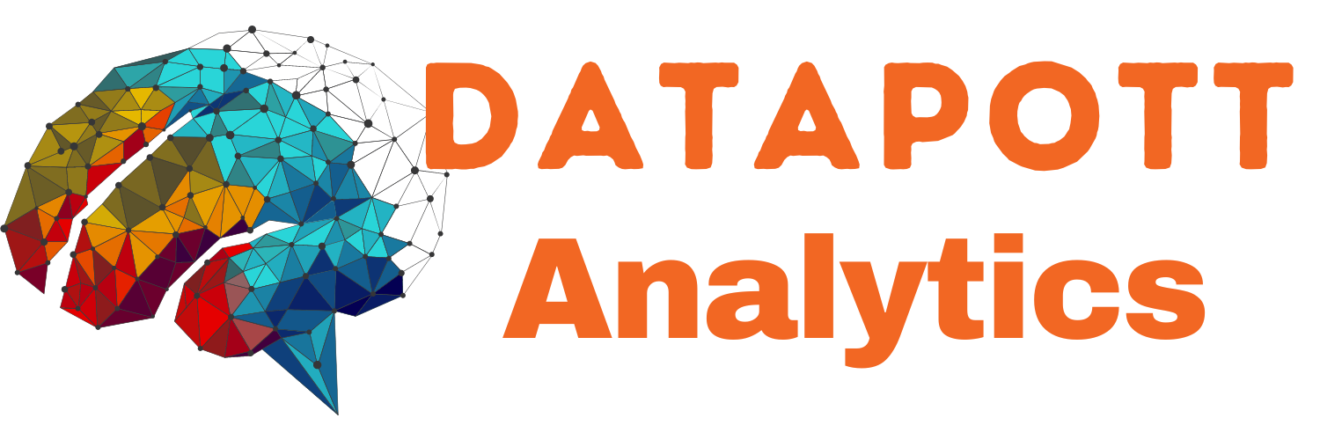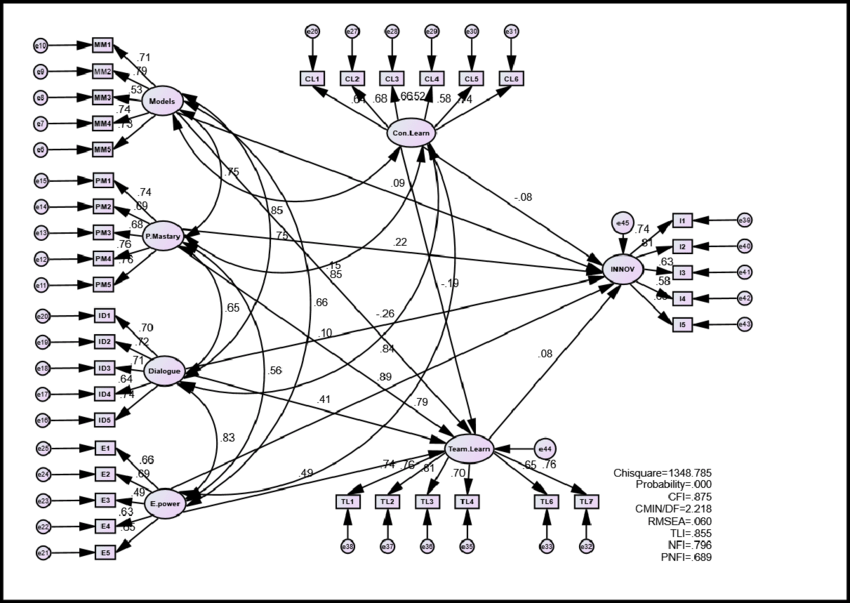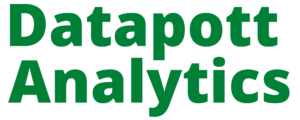Structural Equation Modelling (SEM) in AMOS Help – Columbia University
Structural equation modelling (SEM) is a statistical technique used to test hypotheses about the relationships between variables. It is also known as path analysis, while structural equation modeling (SEM) is the name of a particular method. SEM was developed by Bentler and Bonett (1980).
In SEM, one assumes that the variance of a dependent variable can be decomposed into two factors: the residual variance and direct effects. The latent variables are assumed to be uncorrelated with each other, but may have some correlation with the independent variables. The aim of SEM is to estimate which latent variables—if any—are correlated with which independent variables, as well as estimating their magnitude and nature. – Columbia University
In SEM, we can test two types of models:
Causal models – These are models that have an arrow of causality connected to them. The arrow of causality shows that one factor causes another factor to change over time.
Non-causal models – These are not necessarily causal models, but they still use factors to predict the outcome in each cell. We can use these non-causal models to look at how different factors affect the outcome in each cell.
Lets Do your SEM Data Analysis
At Datapott Analytics, we have a team of experts who can help you with your SEM projects. We’ve been doing SEM since the early 2000s, so we know what it’s like to be a student trying to figure out how to use the software.
We understand that you’re probably overwhelmed by the amount of information available online about SEM, so we’re here to help you figure out which versions of AMOS and SEM are right for you. If you don’t know what you need or where to start, our team will guide you through the process step-by-step, so that when your project is done, it’ll be perfect.
In SEM, we use AMOS software to design our models and perform the analysis of data. We use this software because it provides us with all the necessary tools we need to do our job efficiently and effectively. Our experts will take your input and transform it into a well-organized report which will be easy for you to read through. Columbia University



